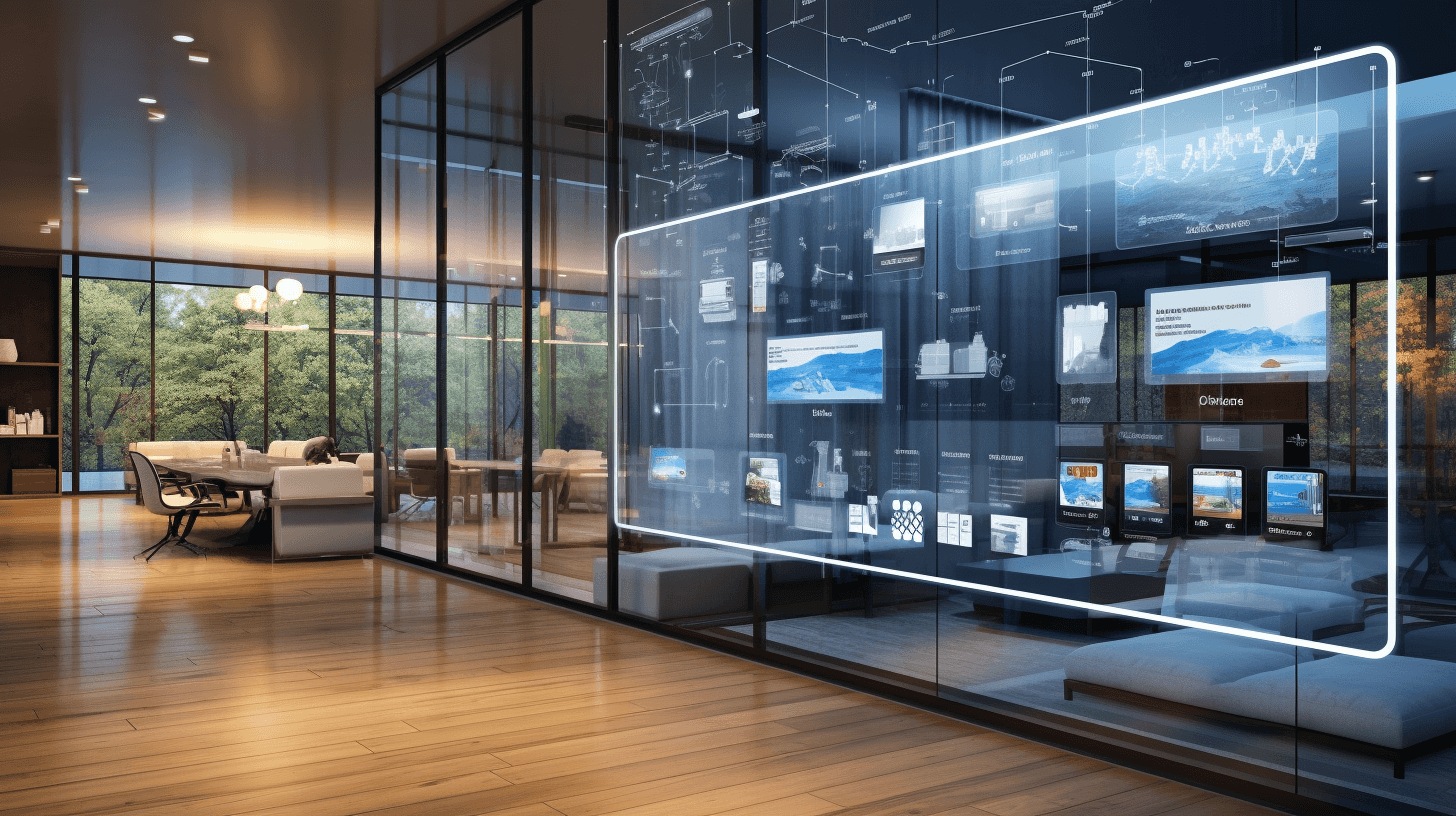Elevating B2B Selling Experience in Real Estate: Unveiling 3 Strategic Approaches
In the ever-evolving landscape of real estate, fostering a seamless and efficient B2B Selling Experience has become a paramount objective for industry players. As the intricacies of business-to-business transactions within the real estate sphere continue to evolve, brands must employ nuanced strategies to stay ahead in this competitive arena. This article delves into three meticulously crafted strategies, designed to elevate the B2B Selling Experience for real estate brands.
1. Holistic Data Integration: Weaving the Tapestry of Informed Transactions
In the realm of real estate, where decisions hinge on a delicate balance of data and intuition, a comprehensive B2B Selling Experience necessitates the integration of diverse data sources. The modern real estate landscape is teeming with data points, from market trends and property valuations to buyer behavior and economic indicators.
Leveraging Predictive Analytics
To enhance the B2B Selling Experience, real estate brands must harness the power of predictive analytics. By employing advanced algorithms, these brands can forecast market trends, enabling them to position their offerings strategically. Predictive analytics empowers real estate professionals to anticipate the needs and preferences of their B2B clients, aligning their strategies with the dynamic nature of the market.
Real Estate brands that embrace this strategy gain a competitive edge by offering clients not just properties but well-calculated opportunities. It's not merely about selling; it's about crafting transactions that resonate with the client's long-term objectives.
Blockchain Technology: Ensuring Transparency and Security
In the labyrinth of real estate transactions, transparency is paramount. Blockchain technology, known for its immutable and decentralized nature, emerges as a revolutionary tool for fostering trust in B2B dealings. Implementing blockchain in property transactions ensures that all parties involved have access to an unalterable record of the transaction history, minimizing the risk of fraud and disputes.
This level of transparency transforms the B2B Selling Experience into a more secure and streamlined process. Real estate brands leveraging blockchain not only provide their clients with a heightened sense of security but also establish themselves as pioneers in adopting cutting-edge technologies.
2. Immersive Virtual Experiences: Redefining Property Showcasing
In a digital age where physical presence is no longer a prerequisite for business interactions, real estate brands must reimagine the traditional property showcasing process. Enter Immersive Virtual Experiences, a game-changer in enhancing the B2B Selling Experience.
Virtual Reality (VR) Property Tours
Real estate brands can elevate their B2B engagements by offering immersive VR property tours. This goes beyond the conventional online photo galleries or videos. VR transports potential buyers to a virtual realm, allowing them to explore properties as if physically present. This not only saves time for both parties but also adds a layer of sophistication to the overall experience.
The advantage lies not only in the visual spectacle but also in the data collection aspect. Analyzing the virtual movements and preferences of B2B clients during these tours provides invaluable insights. Real estate brands can tailor their offerings more precisely, aligning with the preferences discerned from the virtual interactions.
Augmented Reality (AR) for Space Visualization
Augmented Reality (AR) takes the concept of property visualization a step further. It overlays digital information onto the real world, enabling clients to visualize spaces with virtual enhancements. Real estate brands adopting AR empower B2B clients to customize and envision spaces according to their specific requirements.
By integrating AR into the B2B Selling Experience, real estate professionals can showcase the potential of a property with added features or modifications, fostering a more engaging and personalized interaction. This not only accelerates decision-making but also establishes a memorable and innovative dimension to the transaction process.
3. Strategic Collaborations: Orchestrating Synergies in the Real Estate Ecosystem
In the complex web of real estate, collaboration emerges as a powerful catalyst for enriching the B2B Selling Experience. Strategic partnerships and collaborations within the real estate ecosystem can unlock new possibilities and streamline the selling process.
Partnering with PropTech Innovators
Real estate brands aiming to enhance their B2B Selling Experience should explore collaborations with PropTech (Property Technology) innovators. These collaborations can yield tools and platforms that streamline processes such as property valuation, documentation, and transaction management. By integrating PropTech solutions, brands can optimize their operations, providing B2B clients with a smoother and more efficient experience.
Industry-Specific Alliances
Beyond technology collaborations, forming alliances with industry-specific entities can amplify the value proposition for B2B clients. This could involve partnerships with legal firms specializing in real estate transactions, financial institutions offering tailored financing solutions, or even collaborations with interior design experts to add an extra layer of value to the property.
Strategic alliances broaden the scope of services offered during a transaction, creating a one-stop-shop experience for B2B clients. This not only simplifies the process but also positions the real estate brand as a comprehensive solution provider within the ecosystem.
Conclusion: Navigating the Future of B2B Real Estate Transactions
In the dynamic world of real estate, where every transaction is a unique interplay of factors, enhancing the B2B Selling Experience requires a multifaceted approach. Holistic data integration, immersive virtual experiences, and strategic collaborations stand out as three pillars that can redefine the landscape for real estate brands.
As B2B Selling Experience continues to evolve, real estate professionals must embrace these strategies with a forward-thinking mindset. By staying at the forefront of technological advancements and industry collaborations, real estate brands can not only meet but exceed the expectations of their B2B clients, ushering in a new era of efficiency and innovation in the realm of real estate transactions.
Further Reading
Unlocking Success: Key KPIs and Success Factors for ERP Implementation Projects
Navigating the Oracle Ecosystem: Tips from a Leading Oracle Partner in Egypt
How to Elevate Your Career with Oracle Cloud at The Cloudors
Ready to find out more?

